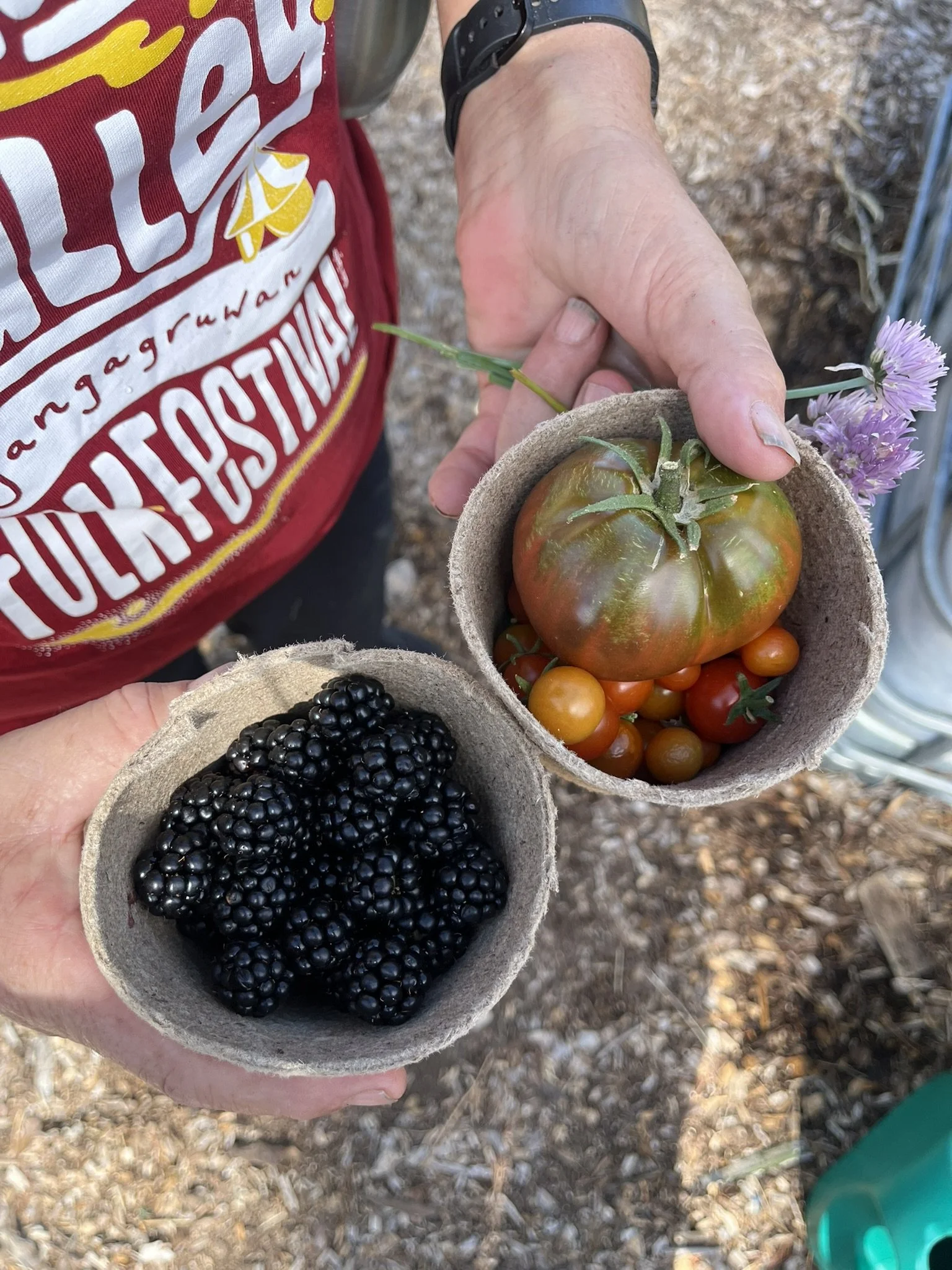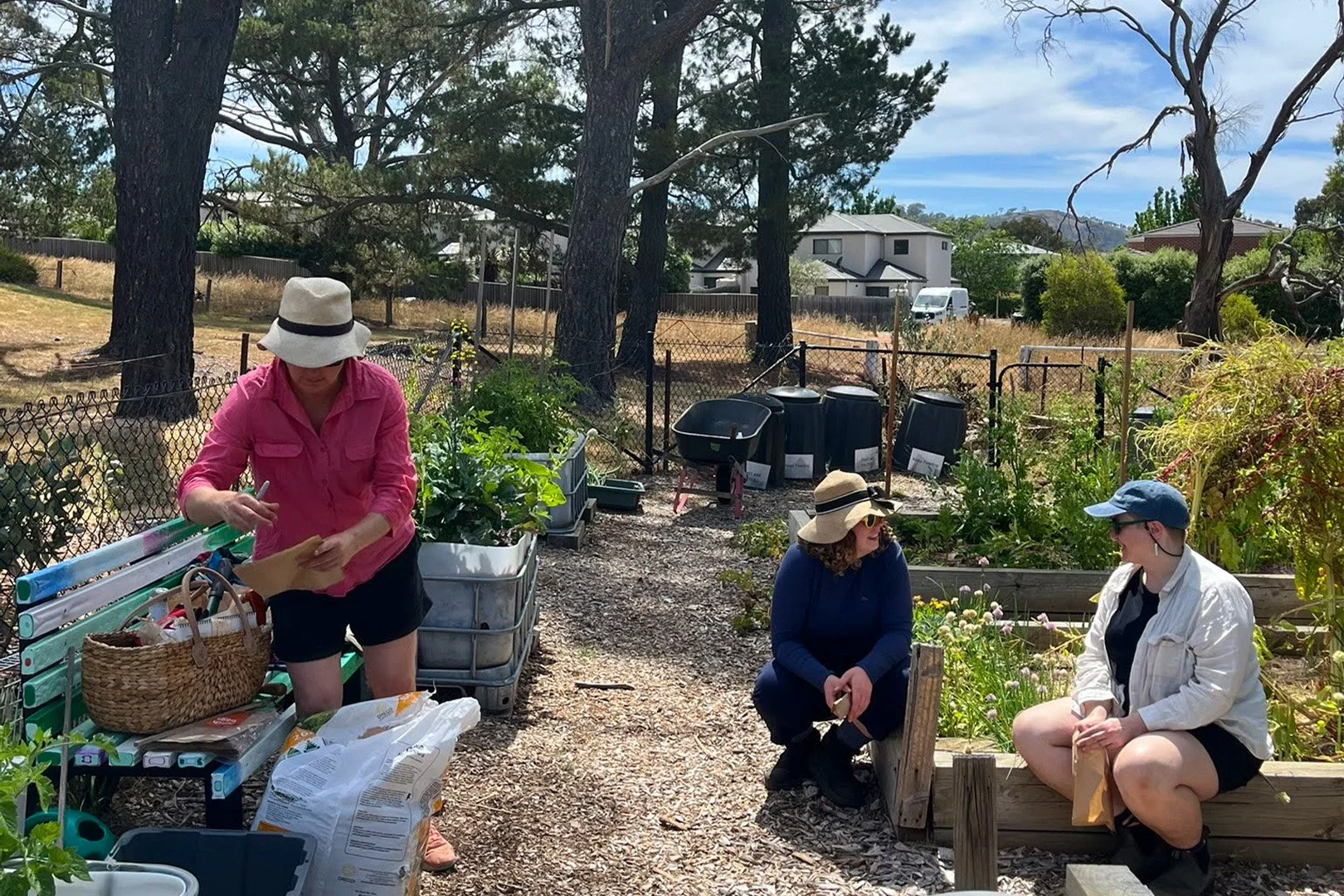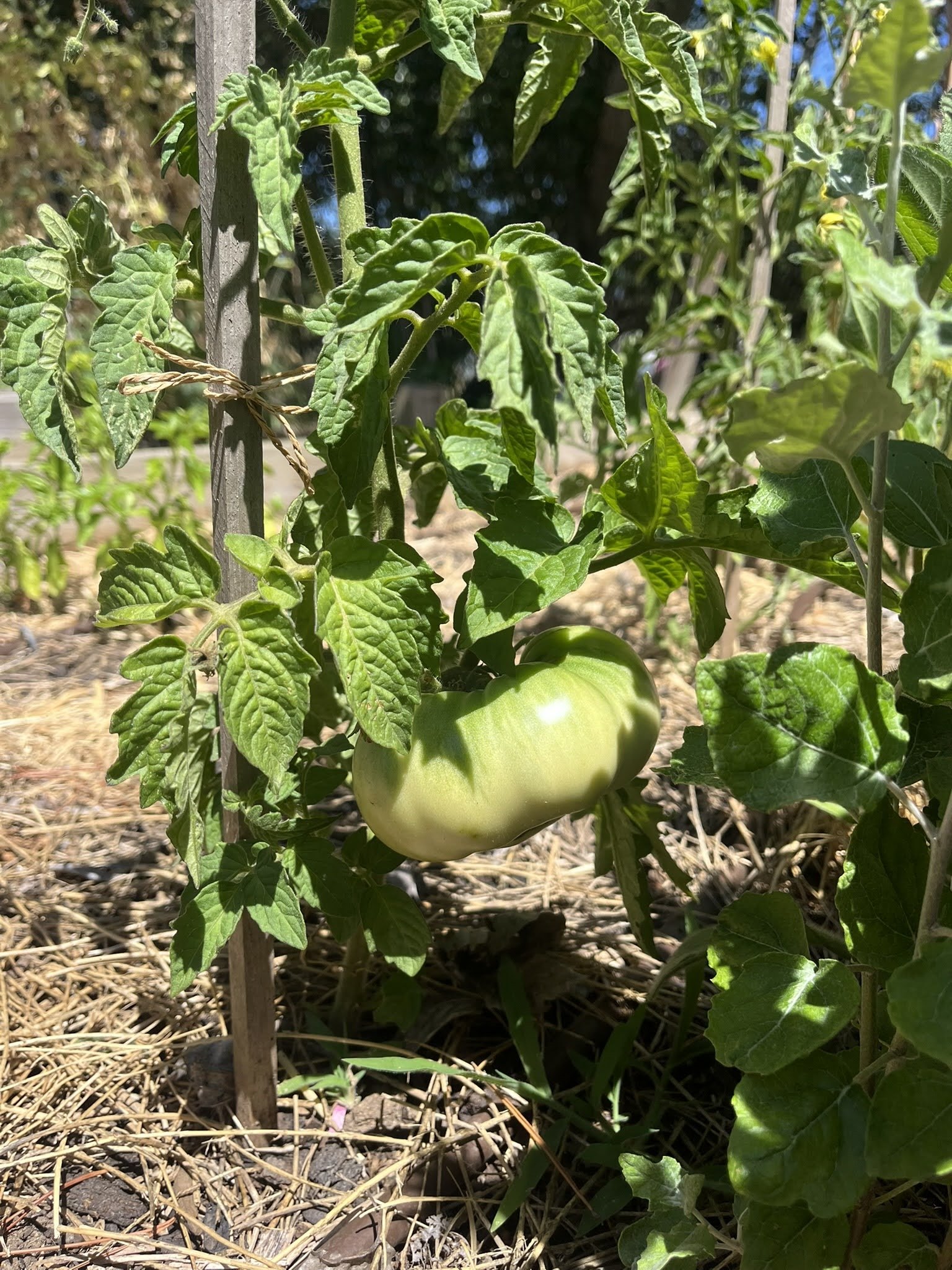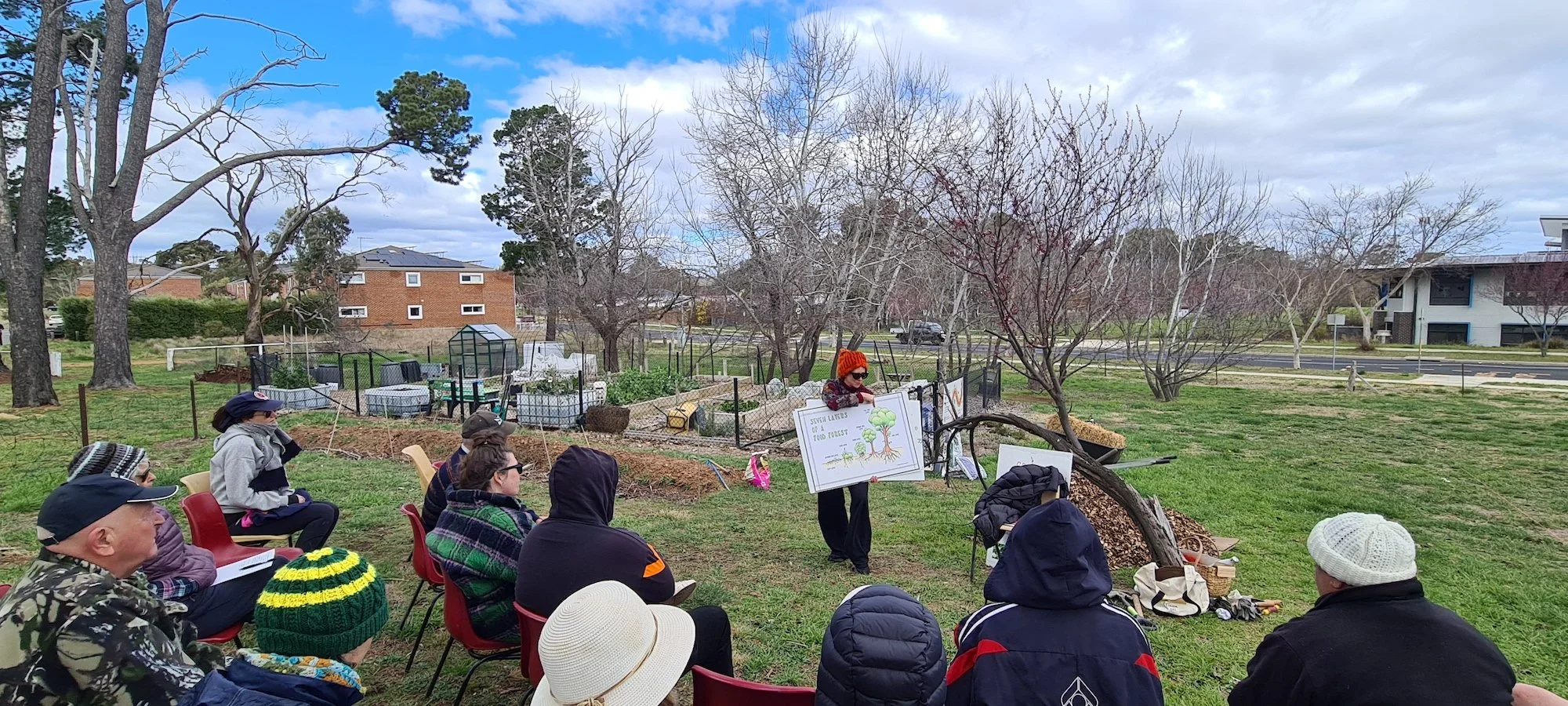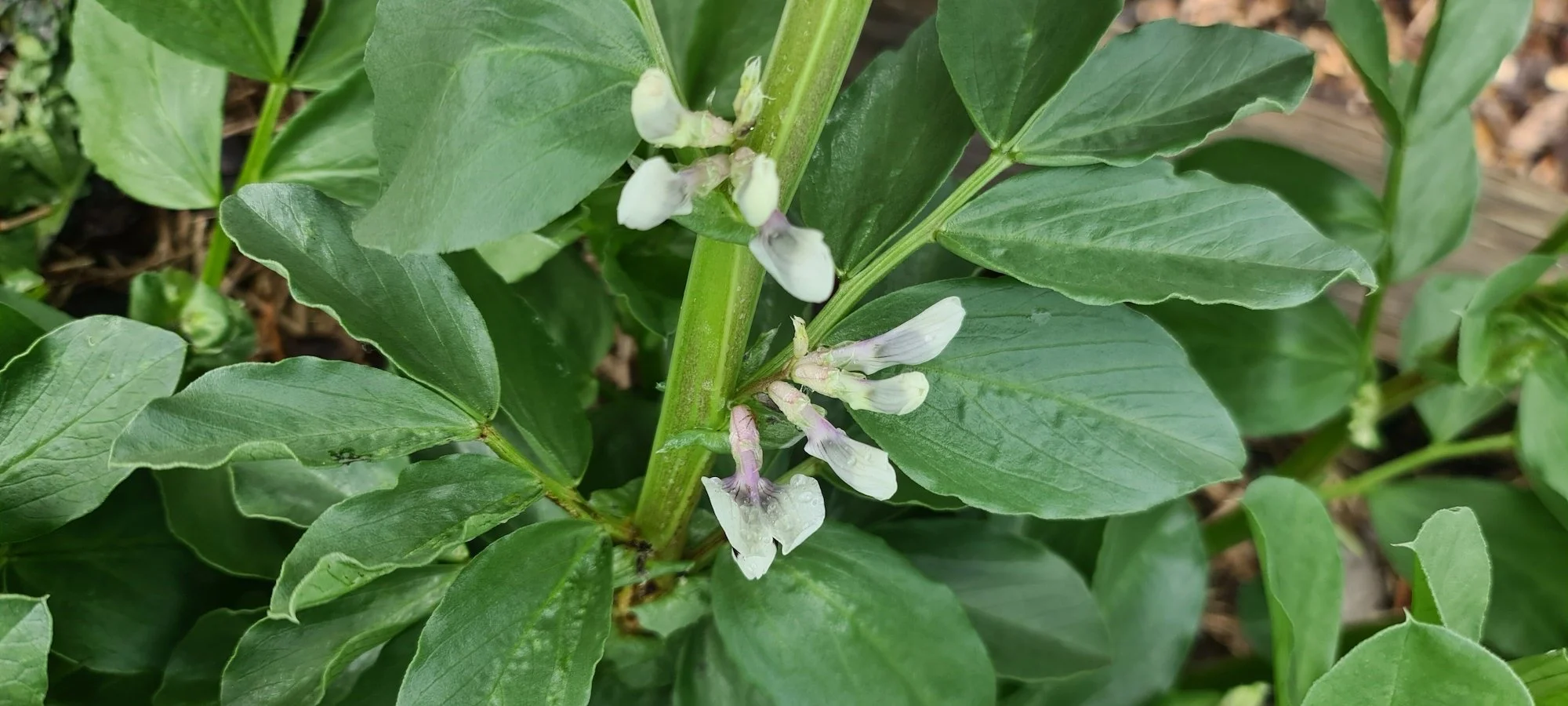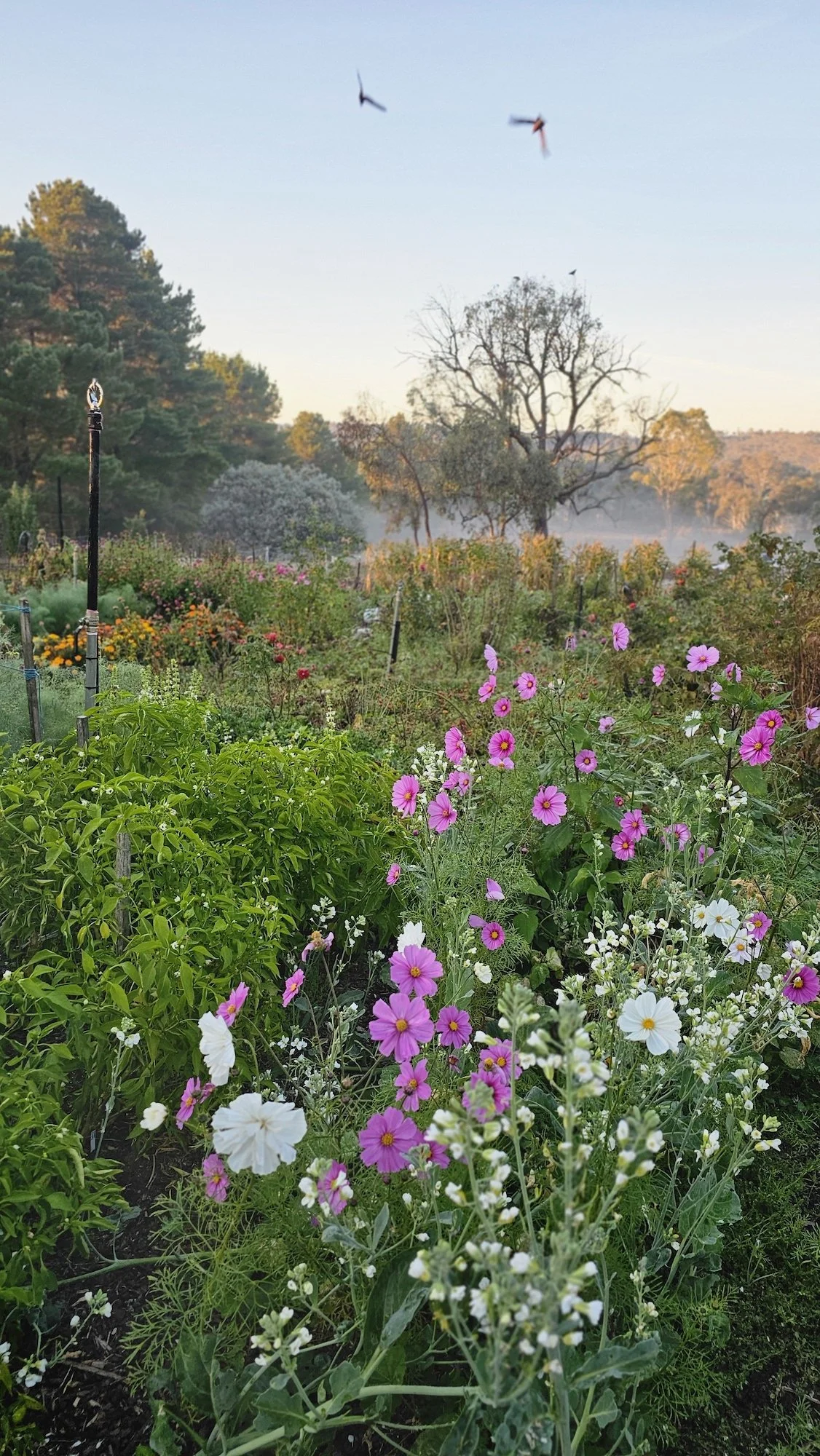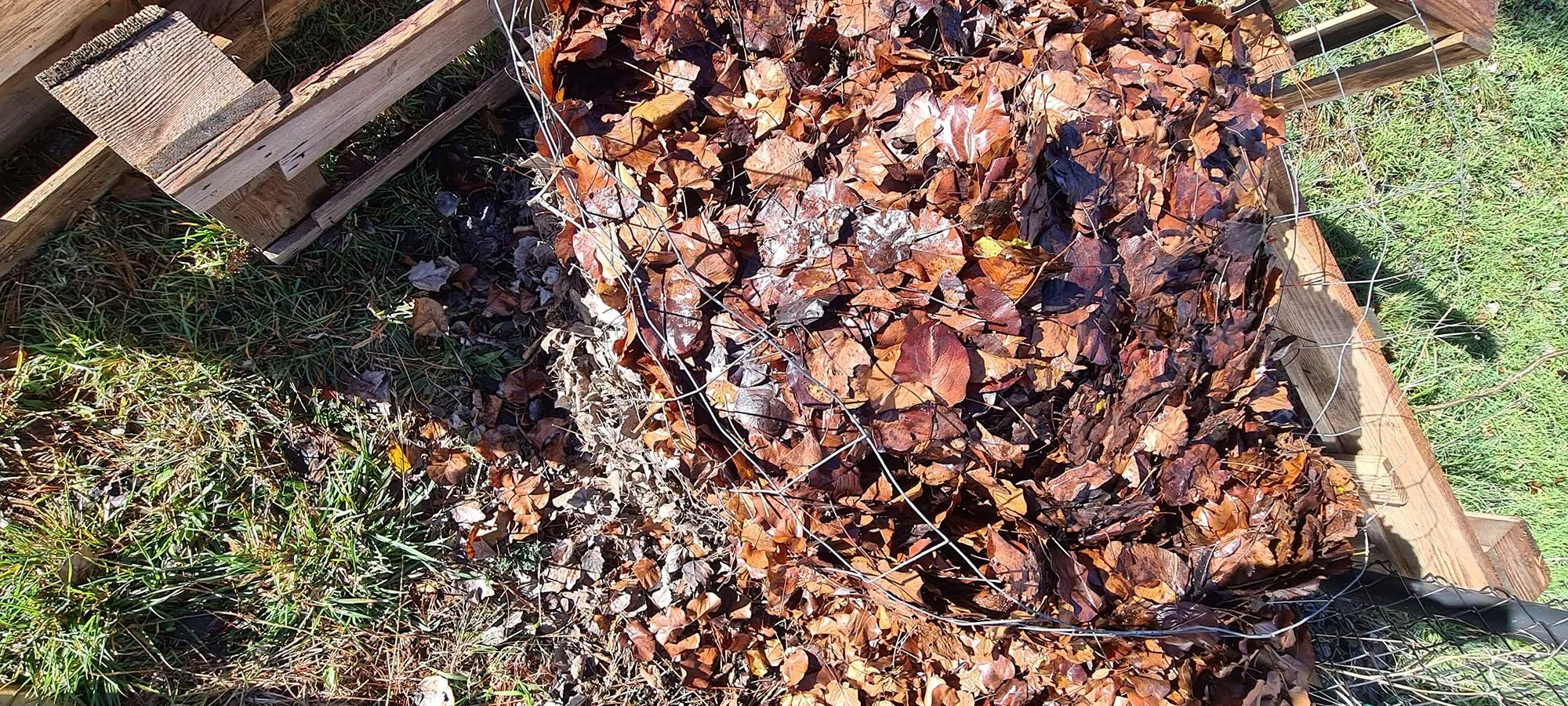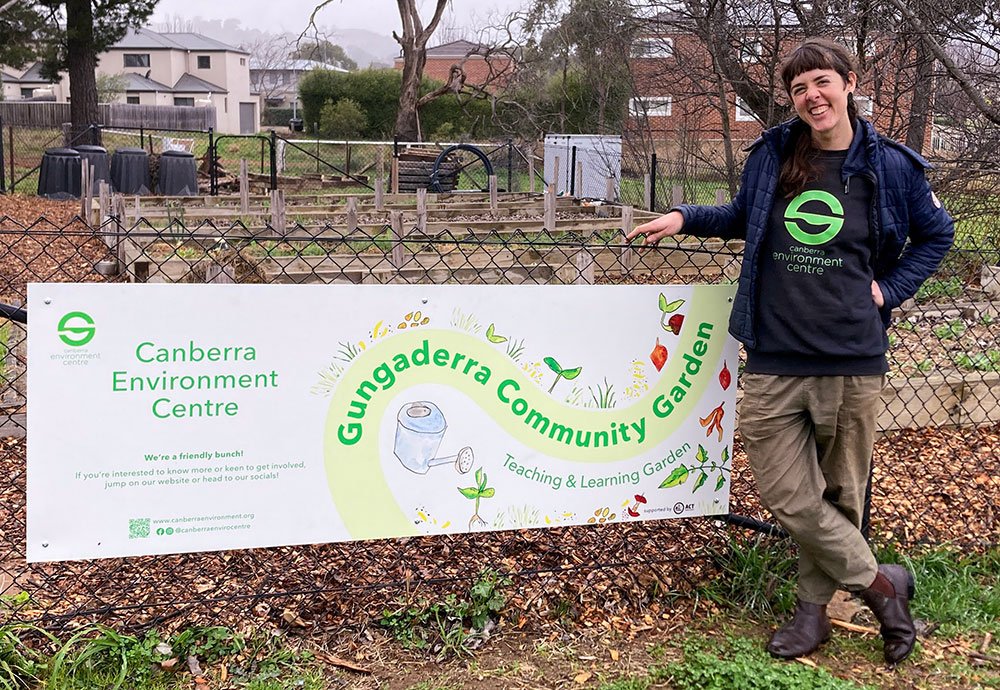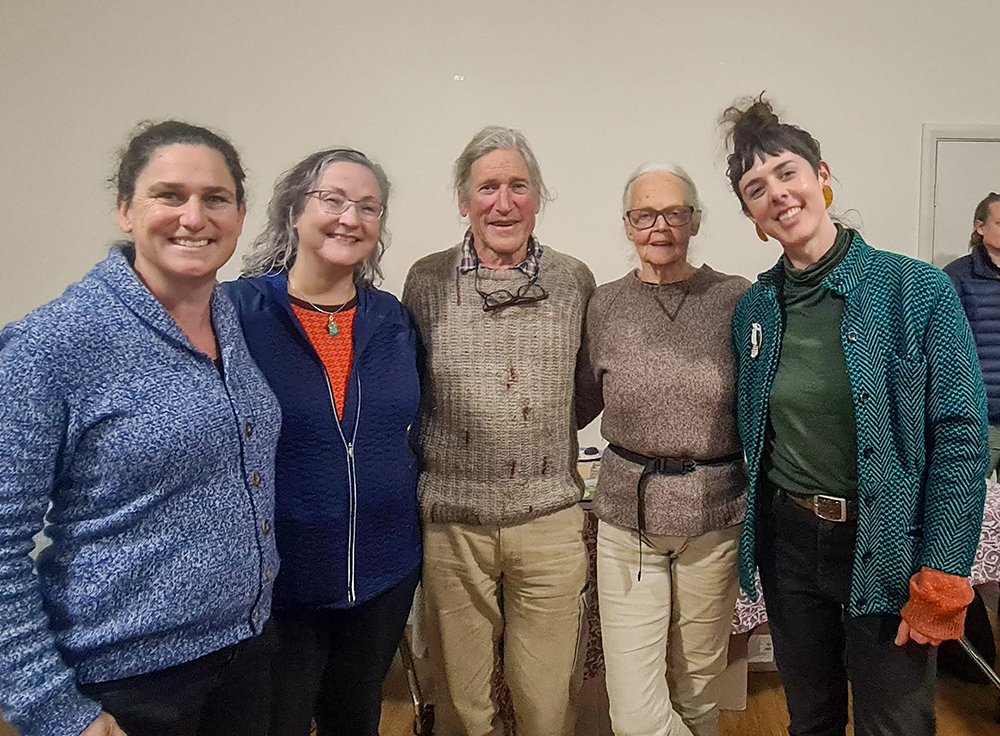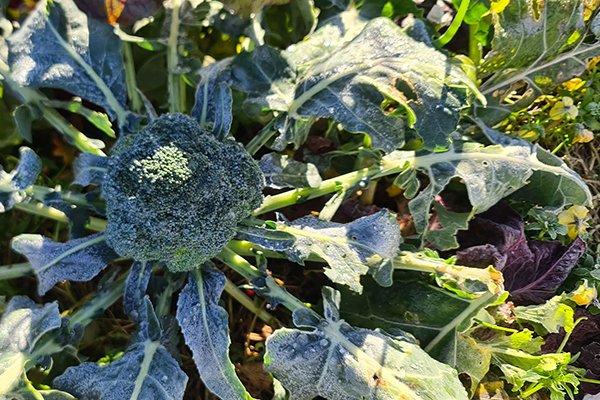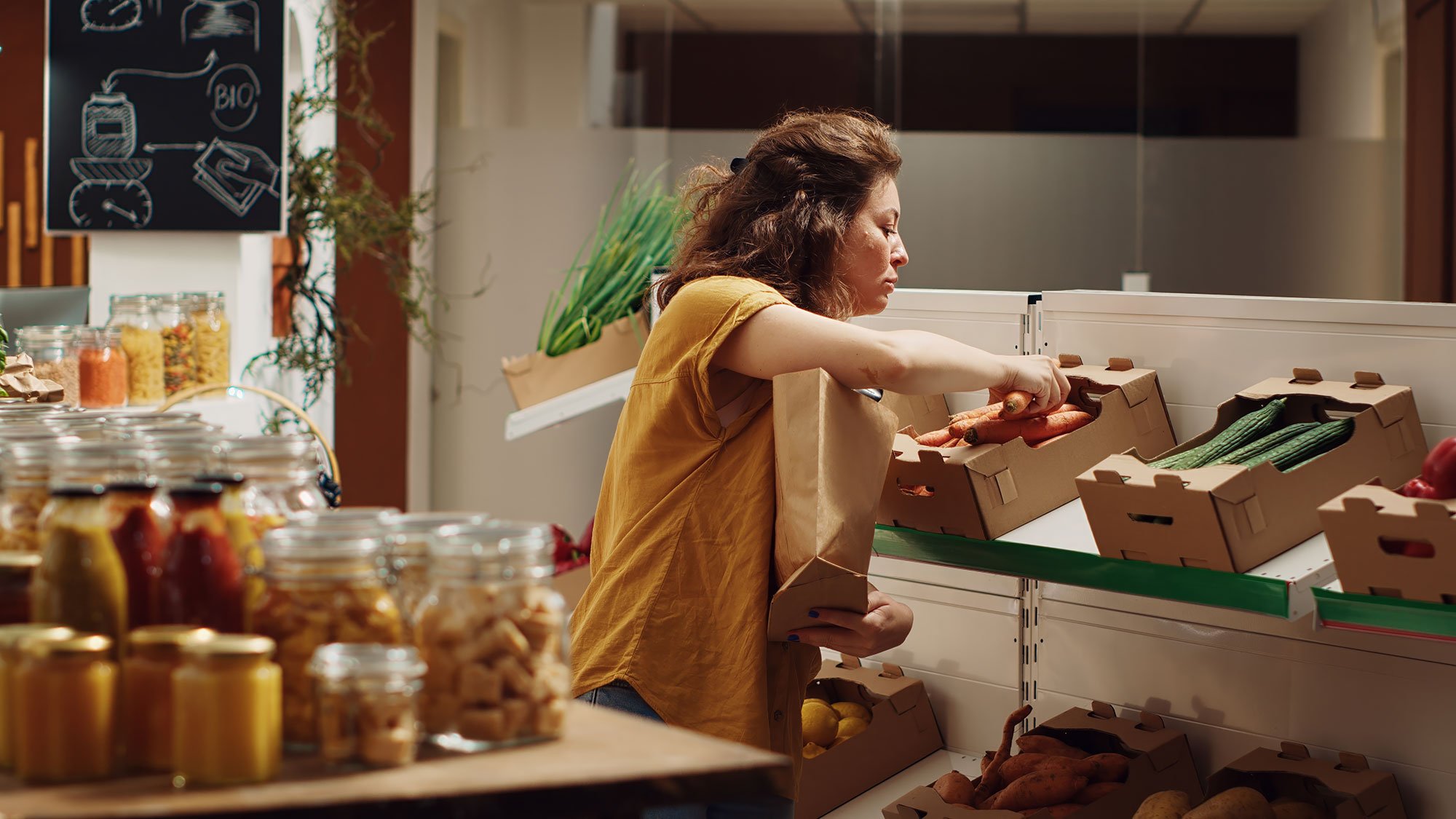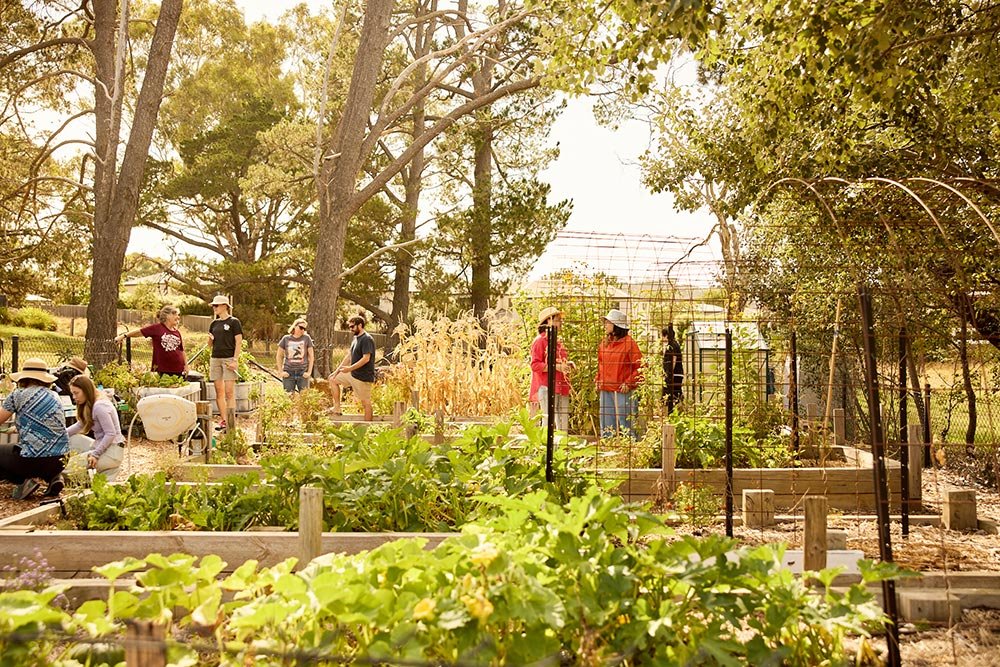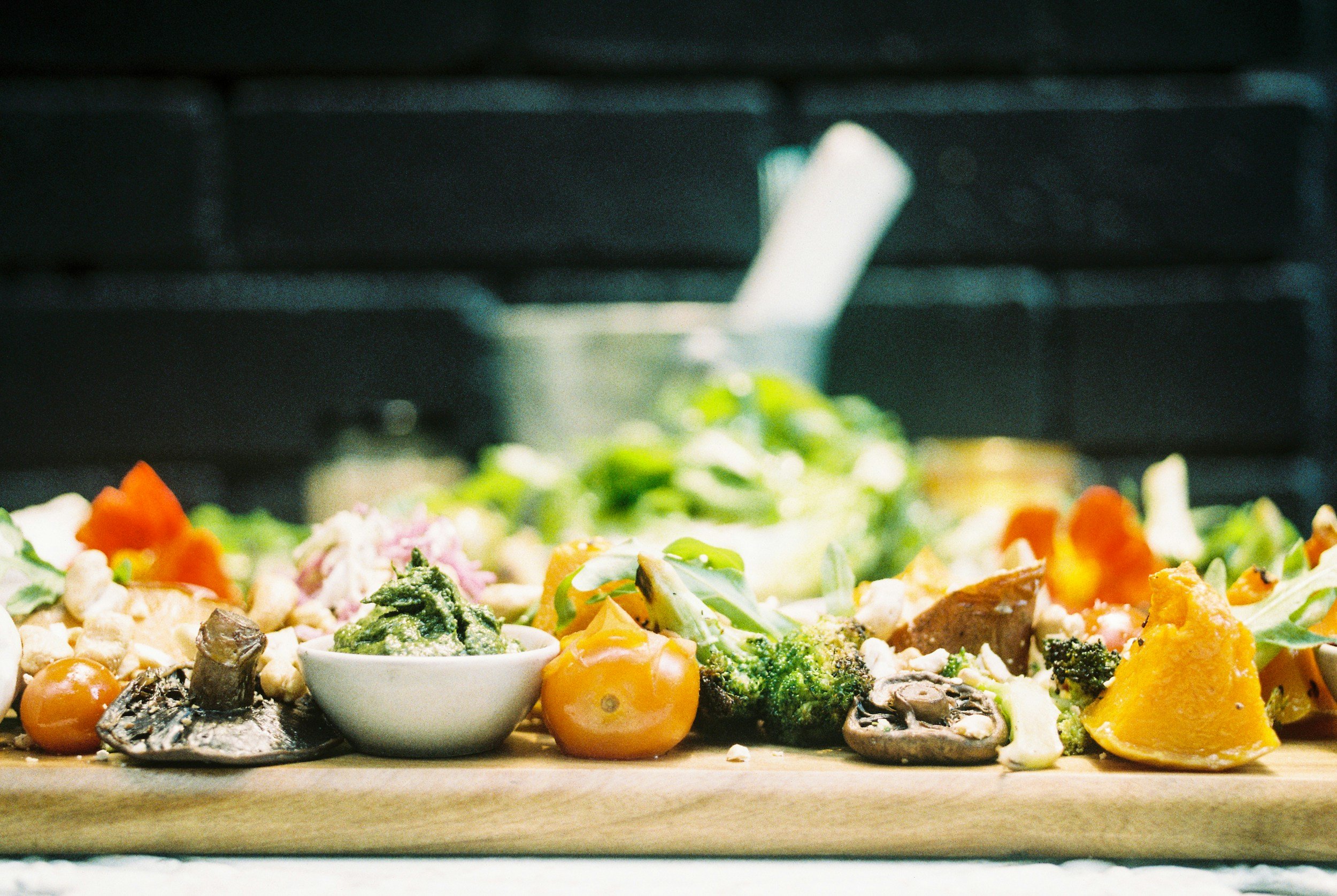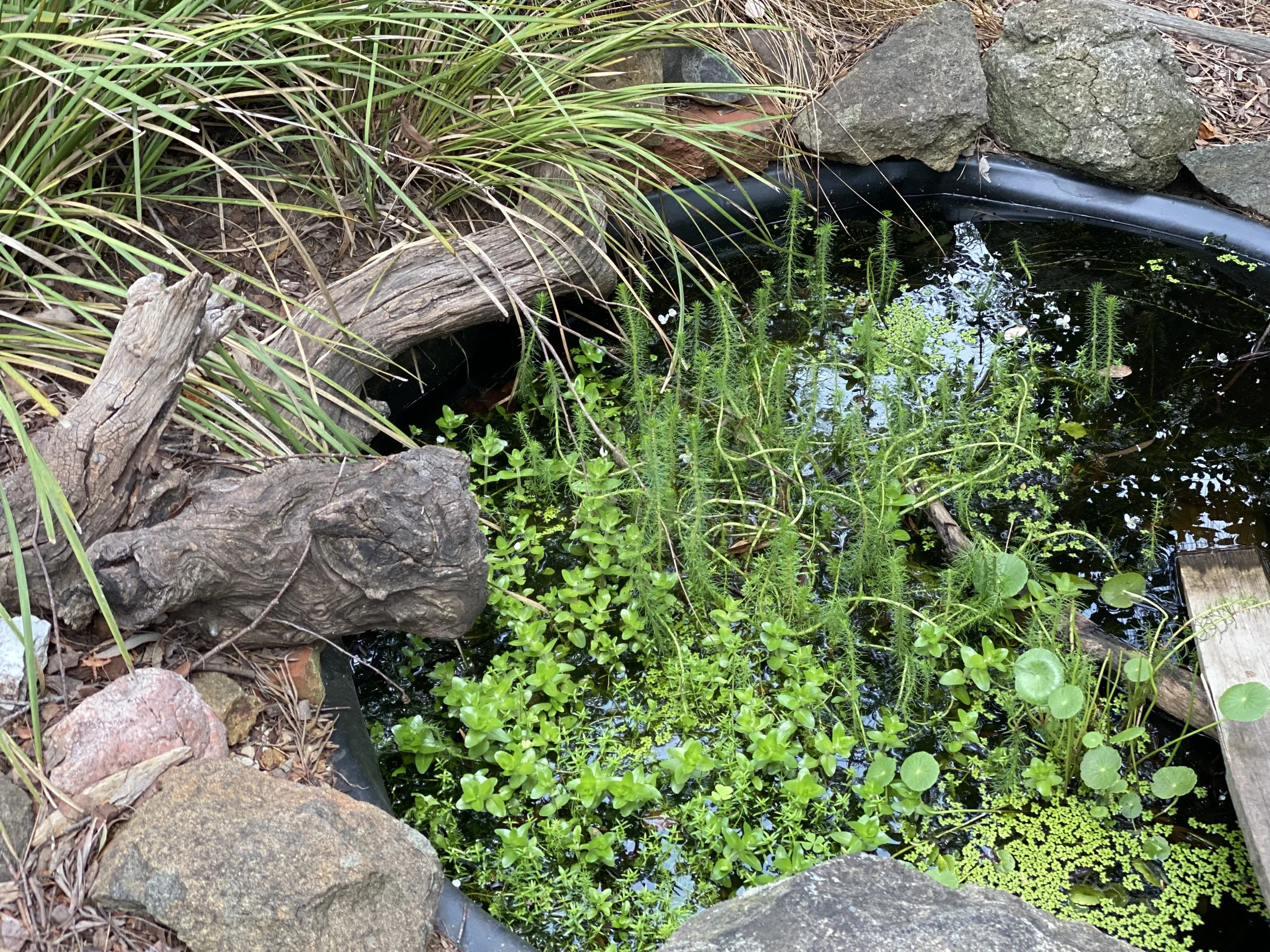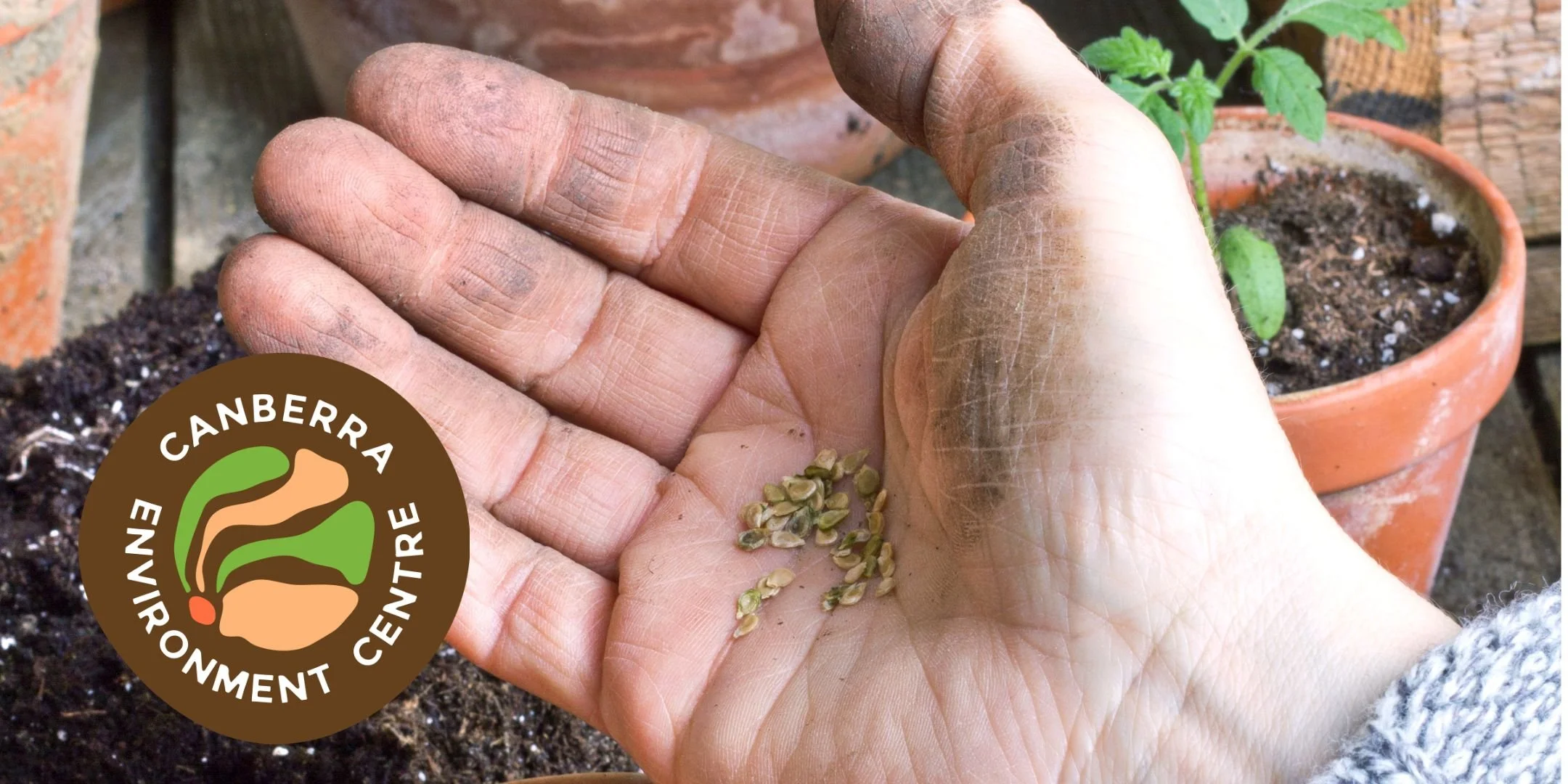Resources
Local Food
Shopping, growing and eating food locally is enriching in so many ways, not only for you, the consumer, but also for growers and the environment. Here’s some resources to help!

Eating local has many benefits
-
Food tastes better – Less food miles means local food is fresher.
Supports local producers – Buying locally supports businesses and ensures your region’s future.
Reduces greenhouse gas emissions – Less food miles means less transport costs and emissions generated getting the food from paddock to your plate.
Knowing the grower – Buying direct lets you meet the producer and learn about their farming methods.
Inspiration to grow your own – Eating food you’ve grown yourself is so rewarding, tastes great and is a great way to connect with nature.
-
Canberra’s Capital Region is fantastic for buying food locally, including fresh fruit and vegetables, meat products, dairy, wines and select grains. The region encompasses Young, Goulburn, Upper Lachlan, Bega Valley, Tumbarumba and the Snowy.
You can buy directly from producers at a growing number of farmers markets and via local produce boxes.
Capital Region Farmers Market (Mitchell), Sat, 7.30 – 11.30am
Southern NSW Harvest Farmers Market (Bungendore), Sat, 9am – 12pm
Southside Farmers Market (Phillip), Sun, 7am – 11.30am
Little Burley Market (Parkes), Sat, 9am – 2pm
Haig Park Village Markets (Braddon), Sun 8am – 2pm
Capital Food Market (Belconnen), daily, 8am – 6pm
Fyshwick Fresh Food Markets (Fyshwick), Thur to Sun, 7am – 5.30pm
The Food Co-op Shop & Cafe (Acton), daily, 10am til late.
Southern Harvest Produce Boxes, with collection hubs around ACT.
-
A backyard vegetable garden is as close as it gets to eating local. Veggie gardens come in a range of shapes and sizes – a couple of raised beds, a series of pots on the balcony or even a no-dig garden. Before you get started you’ll need to consider where to put your garden, soil and compost, seeds and seedlings, what to grow when and where and harvesting.
-
There are many benefits to joining a community garden, including access to fresh food, exercise, community connections and skills sharing. Learn more here!
Gungaderra Community Garden (Harrison) – Canberra Environment Centre’s very own!
Canberra Organic Growers Society (Charnwood, Cook, Cotter, Dickson, Erindale, Holder, Kaleen, Kambah, Mitchell, Oaks Estate or O’Connor)
Lyneham Commons (Lyneham)
Canberra City Farm (Fyshwick)
The Dirty Beanstalk (Acton, Canberra)
Permablitz (permaculture and gardening group)
-
Verge veggie gardens – SEE Change’s demonstration sites in Canberra.
Tips for growing on Canberra’s nature strips – including planting veggies legally.
PIP magazine – practical and inspiring stories about permaculture.
Sustainable Table – regenerating food and farming in Australia.
Australian Food Sovereignty Alliance – working to achieve food sovereignty for all.
Articles
Chatting with local gardeners, the Home Soil crew, about their gardening approach, favourite garden tool and so much more.
With very chilly starts and less than 10 hours of sunlight day-length we took a break from regular weekly garden sessions for July.
Catchup on our latest Enews, with Permaculture legends visiting and loads of enviro-friendly workshops coming up!
Permaculture elders David Holmgren and Sue Dennet packed out a wintery evening at the Canberra Environment Centre with 55 eager permaculture enthusiasts attending.
We’ve had many frosty starts in the community garden recently making it essential to begin our drop in sessions with a warm cup of tea in hand. It also saw the investment in perennial vegetables in the garden with the planting of potato onions, perennial leeks and asparagus crowns.
Try these neat tips next time you’re out shopping to help reduce waste.
Catchup on our latest Enews, with a job opportunity at The Recyclery and loads of enviro-friendly workshops coming up!
Now that winter has decidedly arrived the garden is slowing in terms of growing and planting. However, it’s the perfect time to make changes to your layout, improve soil, add any infrastructure and make plans.
It’s darker and colder but no less nourishing to get out in the garden this month – with a few extra layers of course!
It’s International Compost Awareness Week! In Australia, May is an especially excellent time of year to get composting with an abundance of carbon rich autumn leaves on hand.
Canberra Environment Centre attended the ACT Government’s recent Schools Climate Action Conference at the University of Canberra to talk with secondary students.
Big thanks to Aaron and sponsor Icon Water for supporting the biodiversity of the Gungaderra Community Garden during our weekend plant-out.
Last month wrapped up with lots of activities in the garden as we turned beds from summer towards the autumn and winter crops.
We recently hosted Arian McVeigh from Canberra Seed Savers for a very hands-on workshop explaining how we can save and store seed from vegetables and herbs.
Try these tips for reducing food waste. Your chooks and compost and worms will love you!
Wicking beds are like ‘self-watering’ pots and are great for growing vegetables during hot, dry summers.
Upcoming Events
Join Anke-Maria from FrogWatch ACT in building a pond to create habitat for local frog populations at the Gungaderra community garden.
We are getting our hands dirty to create a biodiverse garden in Harrison to feed the community, pollinators and spirits!
We are getting our hands dirty to create a biodiverse garden in Harrison to feed the community, pollinators and spirits!
We are getting our hands dirty to create a biodiverse garden in Harrison to feed the community, pollinators and spirits!
We are getting our hands dirty to create a biodiverse garden in Harrison to feed the community, pollinators and spirits!
We are getting our hands dirty to create a biodiverse garden in Harrison to feed the community, pollinators and spirits!
Covering the basics of composting and worm farming. Bring along all of your composting and worm farming questions. FREE online session.


